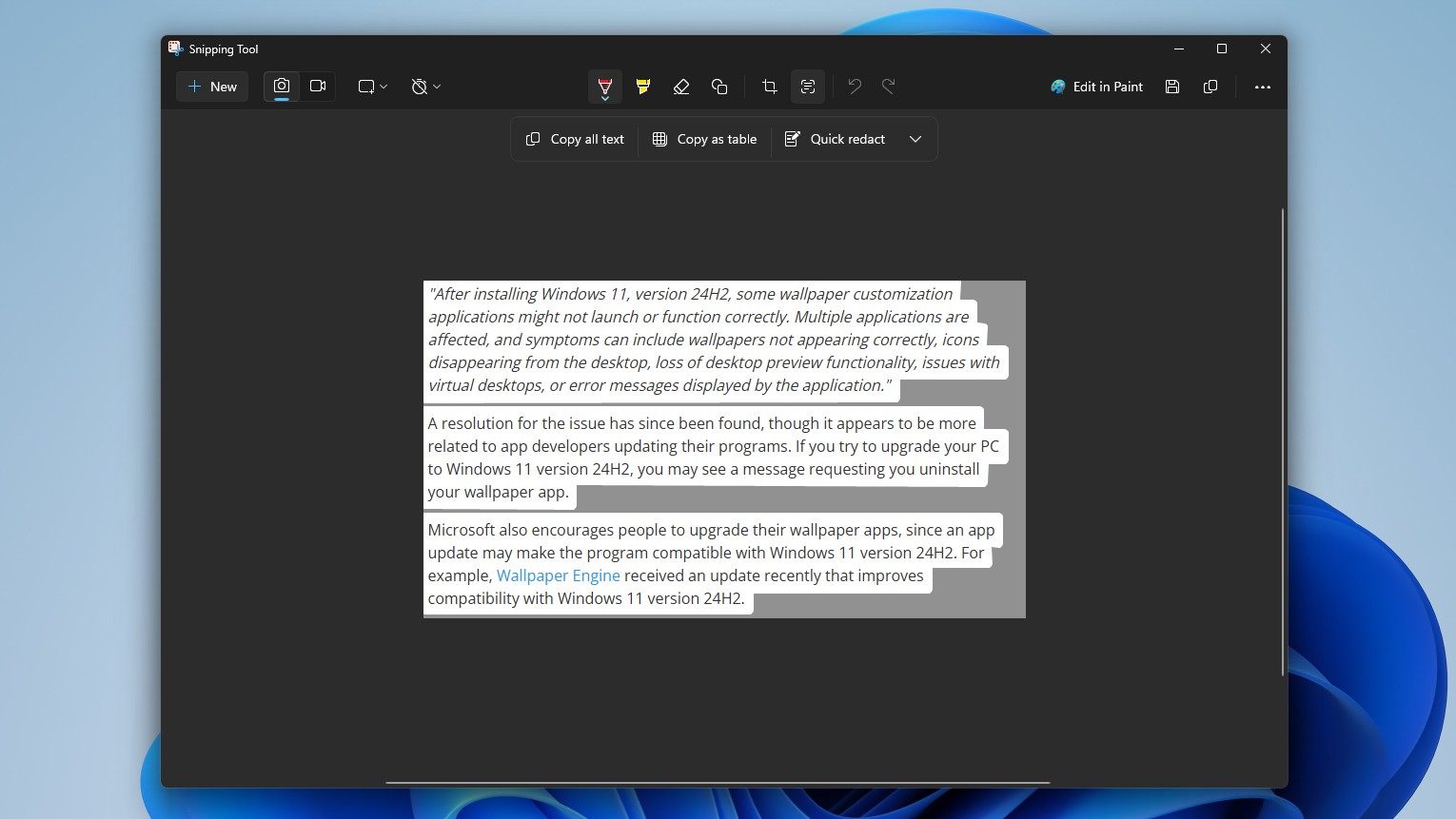Xbox's Game Stack Live event preview: DX12 'Agility' SDK, new Xbox dev features, cloud gaming, and much more
Microsoft will soon hold its Game Stack Live event, about all things Xbox, Azure, and Windows gaming. Here's what you can expect.

On April 21, Microsoft kicks off its Game Stack Live event, a session-based show primarily aimed at developers and companies building games for Xbox and PC. Game Stack is Microsoft's suite of services for game development. It includes the Havok physics engine, which powers physics calculations in many, many games; PlayFab, which helps manage analytics and scaling for multiplayer games; and, of course, Xbox services and Azure, allowing devs to run their games in the cloud.
Game Stack Live will host a range of sessions for developers covering all sorts of topics, from design philosophy, to accessibility, graphics deep dives, to new services on the platform. Here's a glimpse at what to expect from some of the new features and services Microsoft will demonstrate to the industry later this month, both from official and trusted sources.
DX12 'Agility' SDK
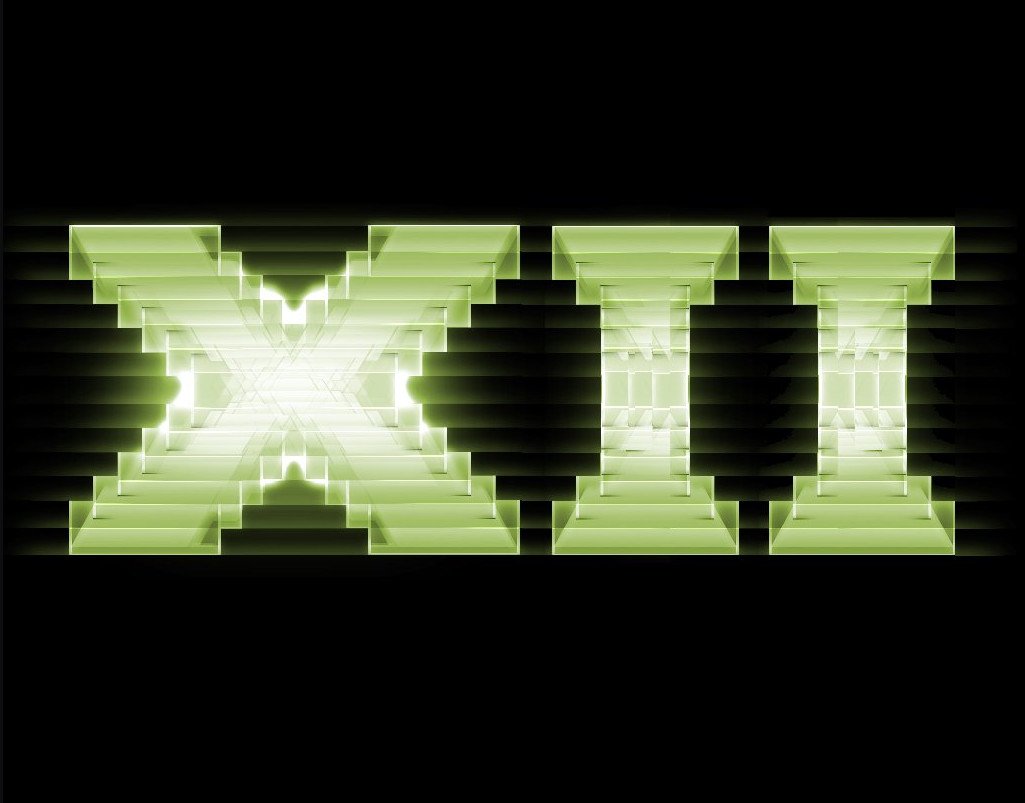
One of the big announcements coming from Game Stack Live is a new SDK for DirectX12, dubbed the 'Agility' SDK.
With the new Agility SDK, Microsoft is aiming to solve a pain point for developers who say adopting new DirectX12 graphics features is cumbersome. With the Agility SDK, Microsoft will claim that the new features are easier to adopt, won't interrupt or impact existing games, and come with more reliable bug fixes.
Microsoft will also demonstrate a range of existing and new DirectX 12 features.
Essentially, the Agility SDK allows developers to light up new features for users with compatible systems, namely an updated version of Windows 10 or an Xbox Series S or Xbox Series X console, without impacting users who aren't on the "correct" operating system. The DX12 Agility SDK also comes with a new shader model, dubbed Shader Model 6.6.
Using this new SDK, you can expect games to get graphics optimizations more rapidly since developers won't have to wait for user adoption to kick in before moving to the new feature sets. Some developers like 343 Industries, Turn 10, and Epic Games have already been testing out the new SDK, which should become available for more developers around the time of the show.
Microsoft will also demonstrate a range of existing and new DirectX 12 features, including toolsets for HDR support across Windows 10 and Xbox. Microsoft will also discuss DirectStorage for PC, which brings Xbox's standardized data streaming techniques from the NVME SSD on the new-gen consoles to PC. DirectStorage has implications for game development beyond the loading of games, including things like rapid decompression of assets, reducing file sizes, or using storage for RAM-like rapid streaming of data, resulting in game worlds that are "more expansive and detailed than ever."
Get the Windows Central Newsletter
All the latest news, reviews, and guides for Windows and Xbox diehards.
An emphasis on cloud
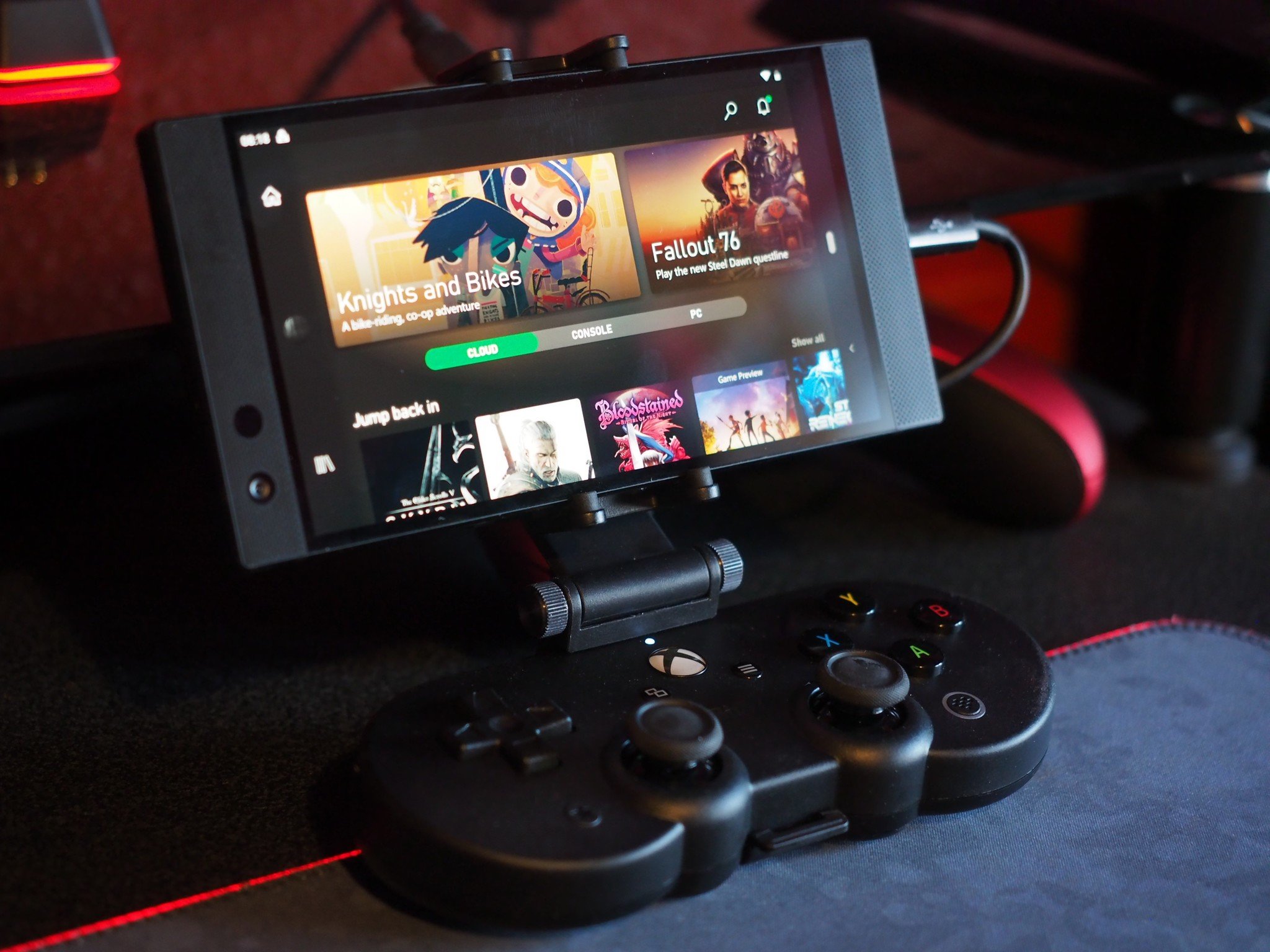
There are a ton of sessions at Game Stack Live dedicated to the cloud. Many of these sessions will also be available in Japanese and Korean, which speaks to the opportunity Microsoft sees for Xbox Game Pass' cloud adoption in new Xbox markets.
Microsoft has talks lined up with the developers of Minecraft, Flight Simulator, and Minecraft Dungeons, as well as speakers from Bandai Namco to discuss running games from Azure, across mobile, PC, and consoles.
Microsoft will tout its Azure pipeline for developers making cross-platform titles in the cloud using PlayFab and hosted Azure multiplayer servers, but will also discuss new features and optimizations developers can make to help games streaming from the cloud, i.e. from Xbox Game Pass. This includes things like the touch controls found in Minecraft Dungeons, as well as gameplay and design features developers can implement and work towards to make games less latency-dependent.
There are also sessions dedicated to improvements Microsoft is bringing to its dev kits and SDKs to improve work from home scenarios using cloud-based solutions.
Xbox Game Pass' positive impact
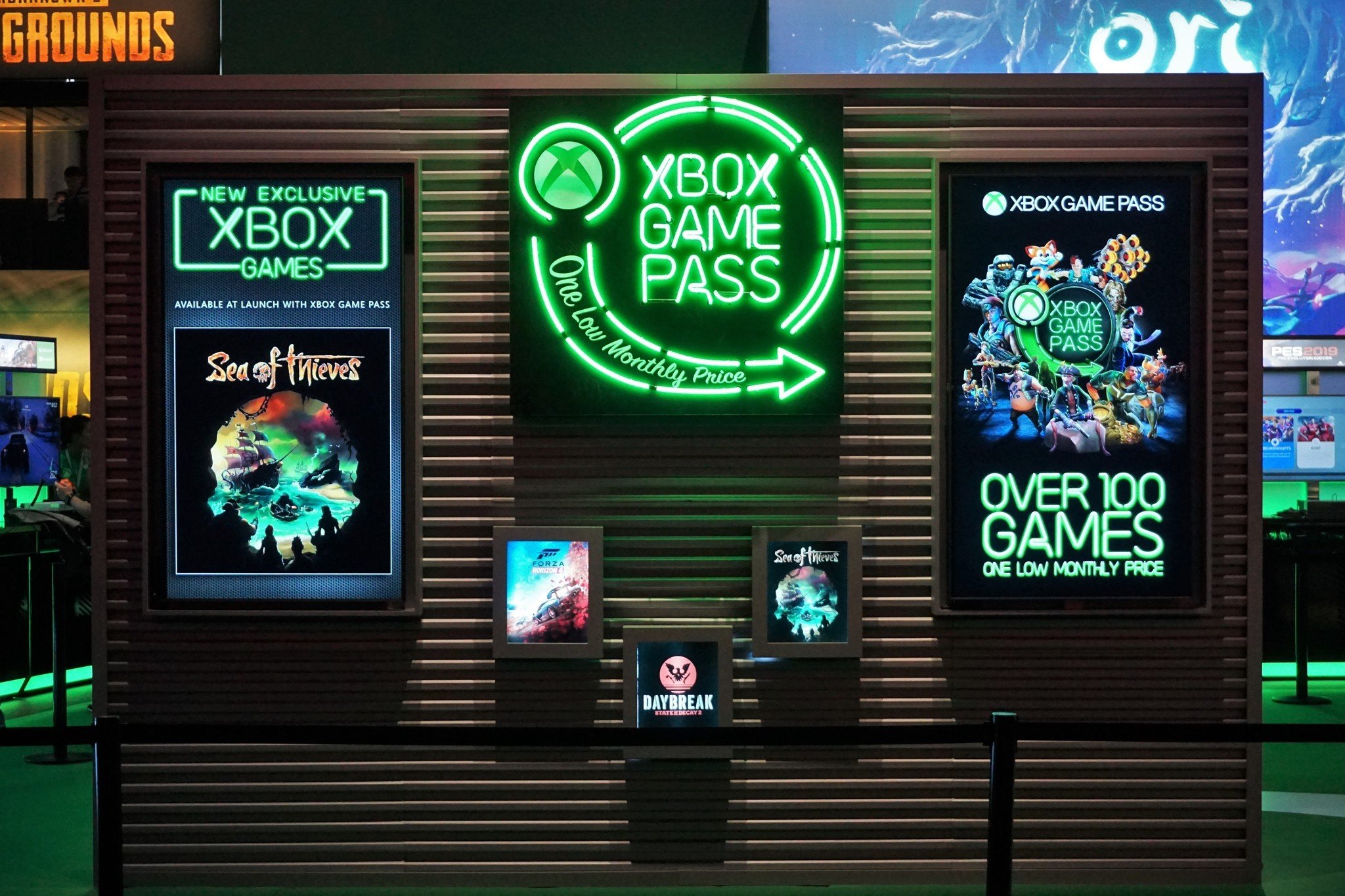
There's a session aimed entirely at discussing Xbox Game Pass' growth, the lessons Microsoft has learned so far, and what it means for developers. There's a chance we could hear an official update on the amount of users in Xbox Game Pass around the event as a result, which was previously revealed to be at 18 million back in January.
Microsoft will discuss figures and engagement opportunities with developers, and identify trends and changes in consumer habits as a result of being in the service. Microsoft will also discuss how it's "continuing" to add value to the service, through Perks and through Project xCloud Xbox Game Pass game streaming. There's a chance we could finally get a time frame or a launch date for Xbox Game Pass on the web as a result. Game Pass on the web will bypass Apple's anti-consumer, anti-competitive store rules, which has, thus far, blocked Xbox Game Pass from availability on iPhones and iPads.
And much more
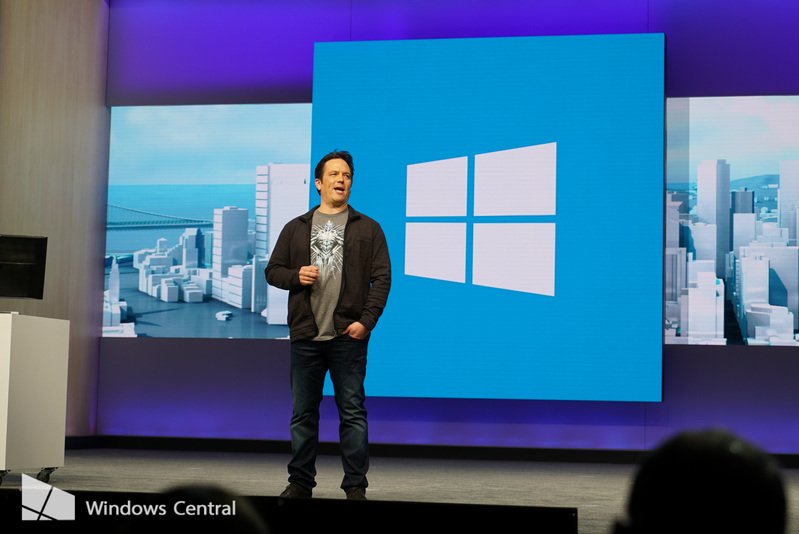
Beyond the cloud, Xbox Game Pass, and DX12 Ultimate, Microsoft has a range of sessions dedicated to detailed and in-depth demonstrations for upcoming and existing graphics tech. DirectX Ray Tracing will be touted, alongside improvements to directional audio, accessibility features, and inclusion. Microsoft will introduce "Azure Synthetic Voice" as a tool developers can leverage as an accessibility feature, which includes text-to-speech. Microsoft will tout Azure Synthetic Voice as a possible solution to localization in other languages too, using advanced neural virtual speech techniques.
It's a damn, damn exciting time to be a gamer.
Microsoft will also host a keynote from Xbox lead Phil Spencer to kick off the event and discuss the future of gaming, alongside a separate keynote dedicated to the "next-generation of gaming graphics." There will also be discussions hosted by AMD, on their open-source FidelityFX engine for RDNA2-capable devices (such as new-gen Xbox consoles). FidelityFX helps remove noise from graphically-intense visuals at high resolutions, including ray tracing, alongside various other powerful visual enhancement techniques and features. NVIDIA will also present to discuss how they worked with Microsoft and Mojang to implement RTX ray tracing in Minecraft.
This is by no means the full range of things Microsoft will discuss both publically and behind virtualized closed doors at Game Stack Live, and you can find the public session list here. It does offer a glimpse at what devs can expect to hear about from the event, as well as what we, as gamers, can expect to experience in the next-generation of upcoming Xbox and PC games now, and in the near future. It's a damn, damn exciting time to be a gamer, that's for sure.

Jez Corden is the Executive Editor at Windows Central, focusing primarily on all things Xbox and gaming. Jez is known for breaking exclusive news and analysis as relates to the Microsoft ecosystem while being powered by tea. Follow on Twitter (X) and Threads, and listen to his XB2 Podcast, all about, you guessed it, Xbox!
